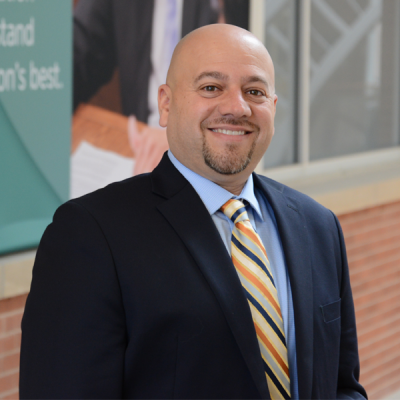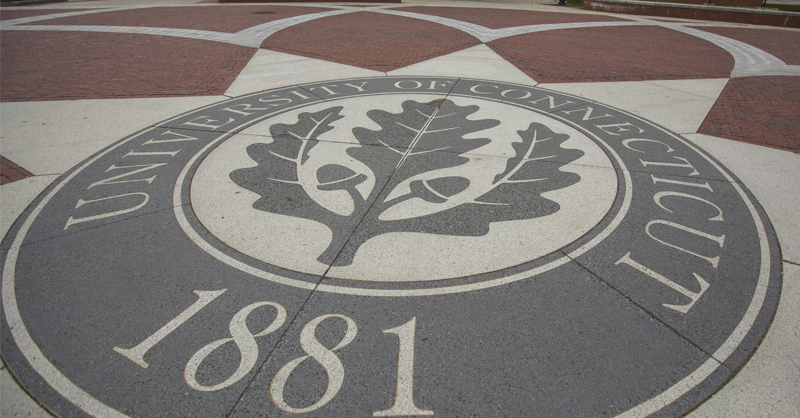This message was sent to all deans, regional campus directors, associate deans, and department heads.
Dear Colleagues,
We are writing to inform you of a recent policy change regarding relocation and moving, which may have an impact on your faculty hiring initiatives.
On Wednesday, February 24, 2021, the Board of Trustees approved a new Relocation and Moving Policy. Revisions were led by a working group from Human Resources, the Office of the Provost, and the Tax & Compliance Office. Stakeholders from across the University, particularly in Schools and Colleges where the policy is regularly used, were widely consulted in order to create a policy that effectively meets the business needs of the University, minimizes administrative burden for regular hiring processes, while retaining budget controls.
Key changes include:
- Tax implications: The policy now makes clear the taxable nature of reimbursable moving expenses. Direct billing is now limited for tax purposes so that it cannot be utilized in November or December.
- University-wide scope: The policy now applies across the University, with clear language to specify applicability for most faculty hires, and the conditions under which it may now be used for other employees at the University.
- Moving distance and time limits for expenses: Clearer controls have been included on the distances that should be involved in relocation, and time limits for relocation expenses supported by the policy have been established.
- Expenses calculated by move distance: Previous baseline calculations for reimbursable expenses involving both faculty rank and distance have been replaced by a simplified base calculated only by distance of the move.
- Requests for exemption clarified: Flexibility has been built in for approvals of higher reimbursable amounts to support competitive hiring practices, and pathways for exemptions when these are accompanied by business justifications are clearly specified.
This policy applies to eligible employees with a start date of February 25, 2021 and beyond. Human Resources and the Office of the Provost are working to effectively communicate relevant changes to eligible faculty who have already received an offer letter. If this applies to your department, you will hear from these administrators shortly.
At present, the associated procedures remain unchanged. These will be updated later this year with a more streamlined process for direct billing and reimbursements and we will send out further communication at this time.
Sincerely,
Sarah Croucher
Director of Academic Policy and Faculty Affairs
Bridget Inzirillo
Director of Academic Finance and Planning

 We invite you to nominate exceptional colleagues for the
We invite you to nominate exceptional colleagues for the